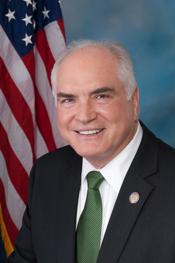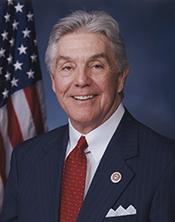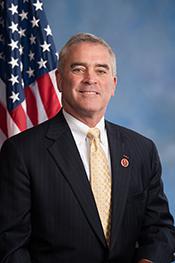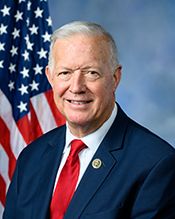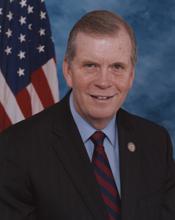0
Heartbeat Protection Act of 2023
3/14/2024, 4:05 AM
Summary of Bill HR 175
Under the Heartbeat Protection Act, it would be illegal for healthcare providers to perform abortions once a fetal heartbeat is detected, except in cases where the mother's life is at risk. The bill includes provisions for criminal penalties for healthcare providers who violate the law, including fines and potential imprisonment.
Supporters of the bill argue that it is necessary to protect the rights of unborn children and prevent the loss of innocent lives. They believe that a fetal heartbeat is a clear indicator of life and should be respected and protected. Opponents of the bill argue that it infringes on a woman's right to choose and restricts access to safe and legal abortion services. They argue that the decision to terminate a pregnancy should be left to the individual and their healthcare provider, rather than being dictated by government legislation. The Heartbeat Protection Act of 2023 has sparked significant debate and controversy in Congress and among the public. It remains to be seen whether the bill will ultimately be passed into law and how it will impact abortion rights in the United States.
Congressional Summary of HR 175
Heartbeat Protection Act of 2023
This bill makes it a crime for a physician to knowingly perform an abortion (1) without determining whether the unborn child has a detectable heartbeat, (2) without informing the mother of the results, or (3) after determining that a unborn child has a detectable heartbeat.
A physician who performs a prohibited abortion is subject to criminal penalties—a fine, up to five years in prison, or both.
The bill provides an exception for an abortion that is necessary to save the life of a mother whose life is endangered by a physical (but not psychological or emotional) disorder, illness, or condition. It also provides exceptions for certain pregnancies that are the result of rape or incest. A physician who performs or attempts to perform an abortion under an exception must comply with specified requirements.
A woman who undergoes a prohibited abortion may not be prosecuted for violating or conspiring to violate the provisions of this bill.
